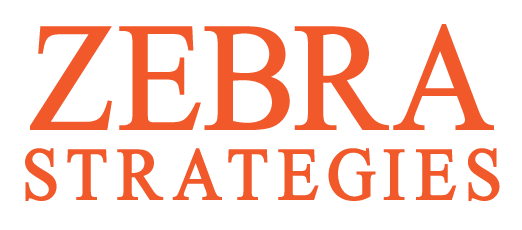Case Study
Understanding the Importance of
Contact Tracing
The Challenge
COVID-19 has brought about new ways of living with an overwhelming amount of information and services, which at times, has proven to be difficult to navigate. Contact tracing is one such process that felt unfamiliar to many. The questions surrounding contact tracing included: What is a contact tracer, and how much knowledge does the public have about this process?
Zebra Strategies teamed up with Vital Strategies to determine which media messages and messengers would promote participation in contact tracing amongst Black and Hispanic/Latinx populations in the face of:
-
Distrust and misinformation that can discourage the seeking of treatment
-
Lack of cooperation with public health workers/contact tracers and Black, Latinx, and immigrants’ communities, as well as residents in the U.S. who are 55 and over
-
Barriers to trusting and engaging with public health recommendations
Our Initial Findings
Zebra Strategies held 12 online focus groups with 88 respondents, consisting of low-income people of color in 11 groups from the New York area (specifically Suffolk and Westchester County) and Pennsylvania (specifically Philadelphia). The 12th group had community stakeholders (community organization managers, outreach centers, etc.), which had respondents of all races.
As we tested ads (print and mock radio scripts) catered toward the New York and Philadelphia areas, we uncovered some key insights:
-
People understand that COVID-19 is a problem, and they wholeheartedly want to use all the resources given to them, but at the same time, they do not feel that the services are reciprocating this sense of help
-
There are feelings of distrust that contact tracing was another form of data collection
-
Ads that target specific communities helped bridge the gap of distrust to some degree
Actionable Insights
Based on our findings, Zebra Strategies formulated recommendations to successfully encourage Black and Hispanic/Latinx people to participate in contact tracing efforts:
1
Campaigns should reassure confidentiality and amplify personal agency and responsibility
2
Shift the narrative from surveillance, coercion, and privacy infringement to empowerment, personal responsibility, and responsibility to the community and loved ones
3
Dispel myths and rumors by better explaining contact tracing, emphasizing that it saves lives
Zebra’s CEO, Denene Rodney, and Vital Strategies VP, Sandra Mullin, co-authored a paper on the research findings published by Think Global Health, the final report and a Contact Tracing Community Messaging Toolkit.
The toolkit, designed to support health departments, community organizations, and trusted messengers, was developed using the information and insights obtained from the focus groups.

